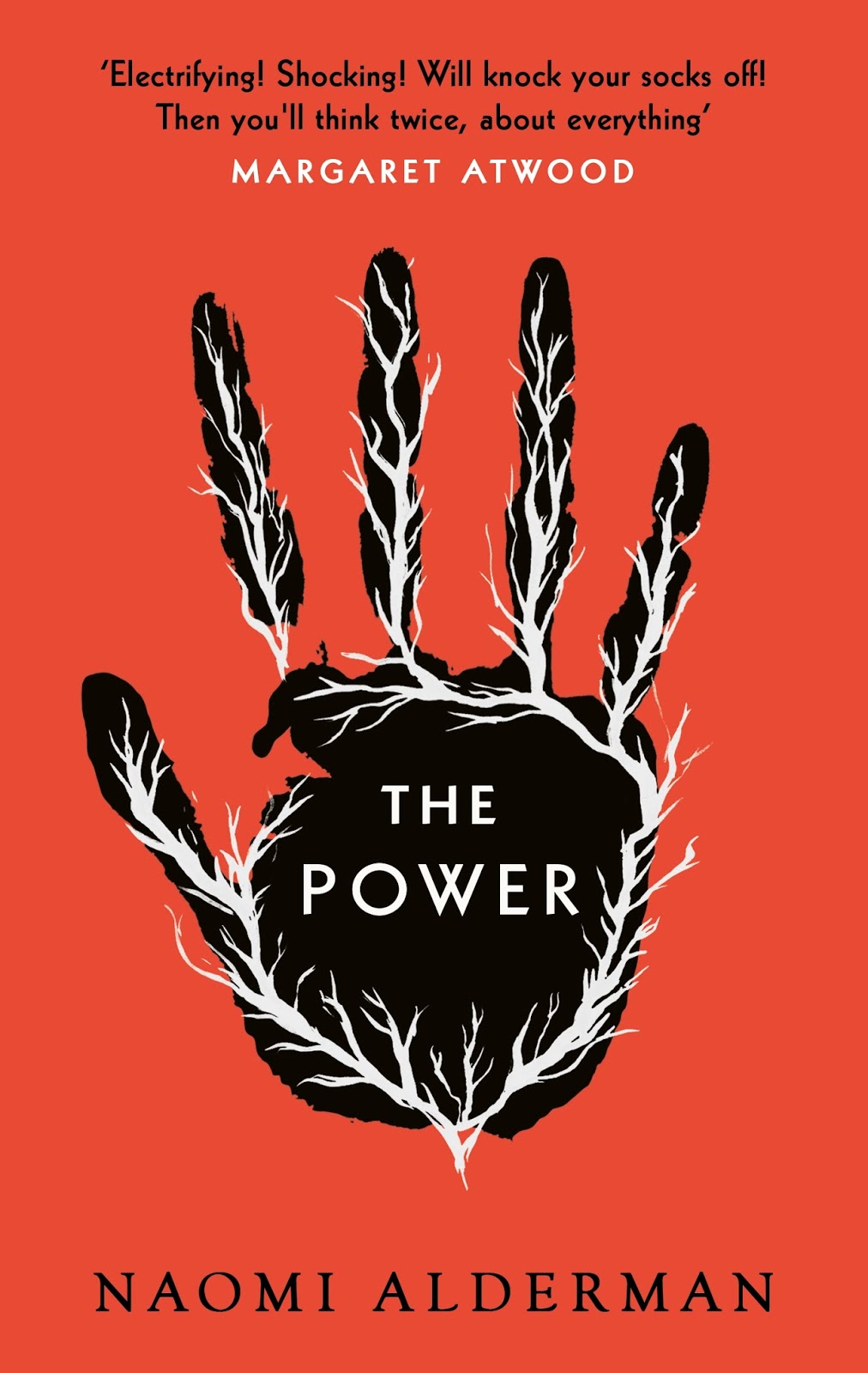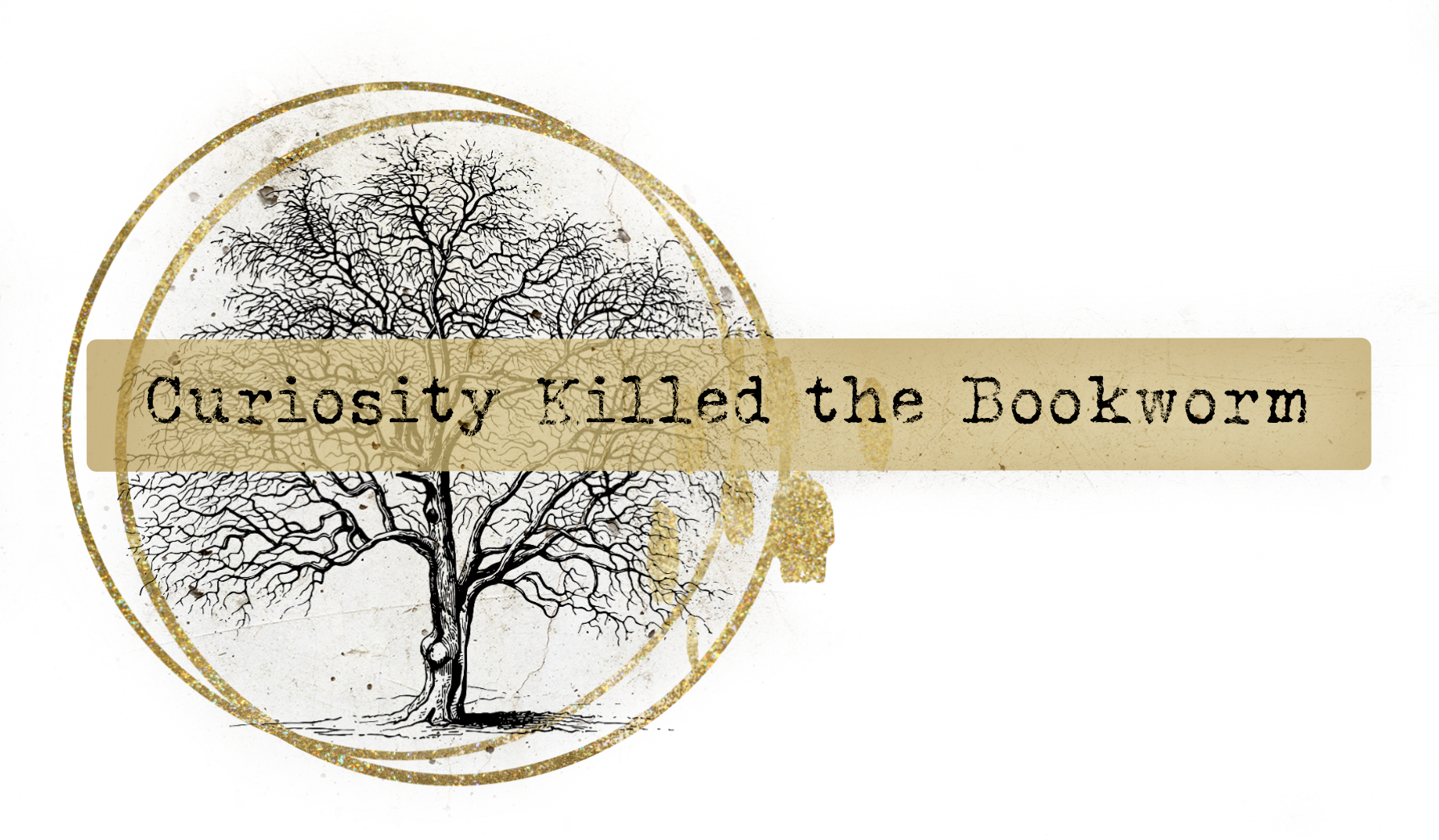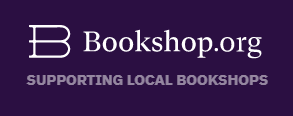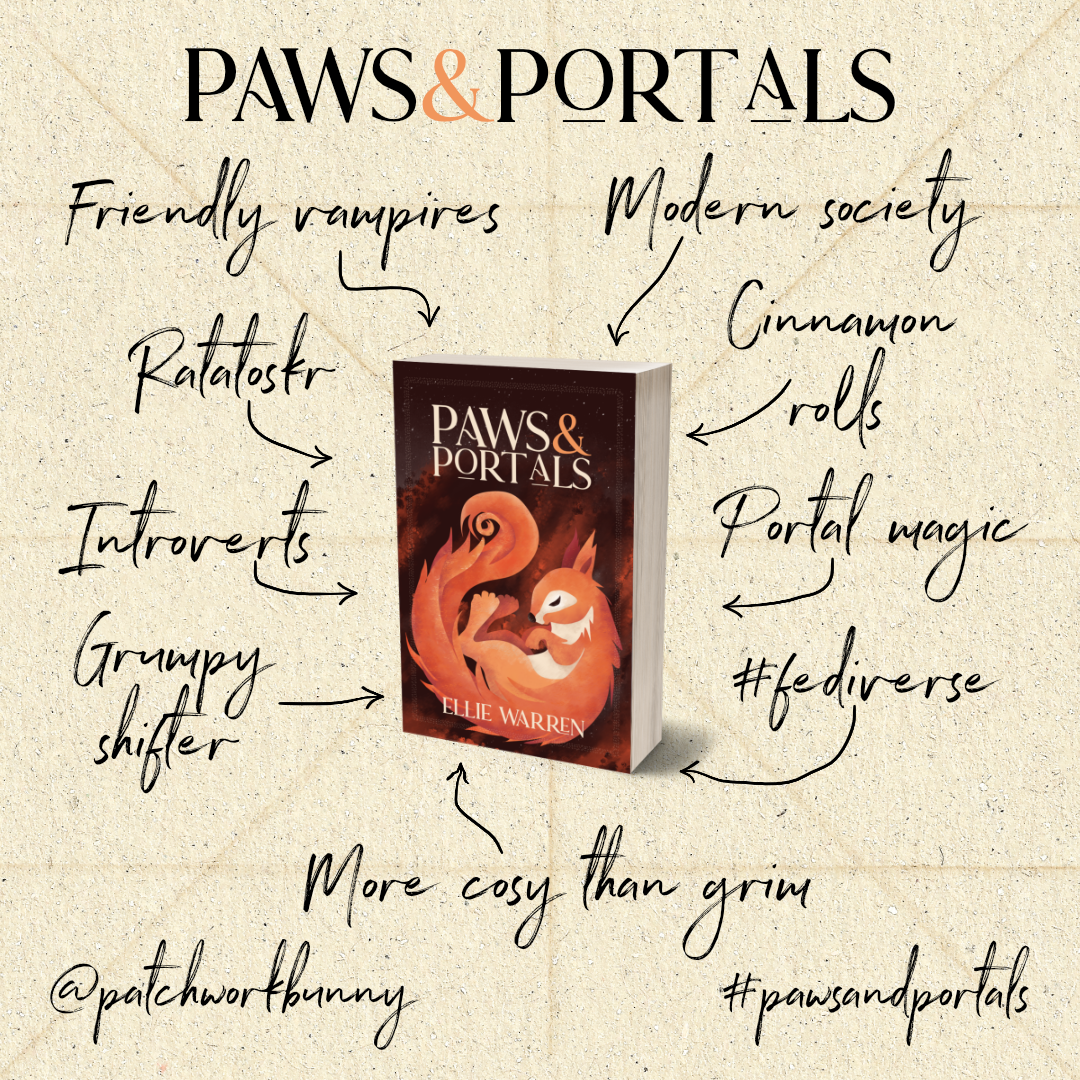 I saw The Power on so many best-of lists last year and with its inclusion in the Women’s Prize shortlist, I bumped it up my TBR. The premise is that girls have evolved to give off electrical shocks and they pass this on to older women, where the power lies dormant. This is used as a vehicle to explore what would happen if women had an advantage over men.
I saw The Power on so many best-of lists last year and with its inclusion in the Women’s Prize shortlist, I bumped it up my TBR. The premise is that girls have evolved to give off electrical shocks and they pass this on to older women, where the power lies dormant. This is used as a vehicle to explore what would happen if women had an advantage over men.
The shape of power is always the same; it is the shape of a tree. Root to tip, central trunk branching and re-branching, spreading wider in ever-thinner, searching fingers. The shape of power is the outline of a living thing straining outward, sending its fine tendrils a little further, and a little further yet.
The patriarchy doesn’t magically disappear straight away. Women still see their jobs at risk because their male bosses are scared. The girls are segregated from the boys out of fear of what they might do. The women have to justify their existence, placate the men that they mean no harm. Gun and bombs can still hurt them. Yet eventually, it shows how women can be just as corrupted by power, or misogynistic, as men. Some scenes are really quite uncomfortable reading as the women repeat the crimes of men.
It says a lot about the male reaction to feminism too although it does seem to feed into the paranoia that women would mess things up or make life bad for men. This fear that women having more rights will make men obsolete, no longer at the top of the food chain, is explored. UrbanDox is a 4Chan-esque website where “men’s rights” activists lurk, sharing their conspiracy theories and hatred of the opposite sex. Many see a gender war emerging, where violence is the only answer to keep the women in their place.
I think it’s important that the journalist is a man. Tunde sees how women are freed from tyranny, from oppressive cultures and slavery. He doesn’t feel like the women are against him and he relays this to the world through his reporting. Yet as the story goes on, the tables are turned.
When he walked past a group of women on the road – laughing and joking and making arcs against the sky – Tunde said to himself, I’m not here, I’m nothing, don’t notice me, you can’t see me, there’s nothing to see here.
It also touches on religion, with the rise of a new evangelical faith. I thought it was an interesting use of the power but was a bit of a side act as so much was going on. The power also serves as a metaphor for sexual enjoyment at times, with women thinking they could never experience it, then feeling what it’s like, and then there’s also something that’s akin to female genital mutilation if you see the power in that sense.
The format is reminiscent of World War Z and it doesn’t really have a gripping character arc (no pun intended). It is bracketed by correspondence between a fictional male writer and his female editor (Naomi), implying this is a historical text. This and another event includes a little dig at how literary types have often been snobbish about women’s fiction. I think there’s a lot of ideas and the story is built up around them, which meant it sometimes lost momentum.
A part of be felt a little let down by my gender. I don’t believe women would run a perfect world but I would hope we wouldn’t just repeat the same mistakes either. However, maybe that’s the secret to equality, we’re all just as bad as each other.
Goodreads | Amazon | Waterstones | Hive | Wordery
Book Source: Purchased






